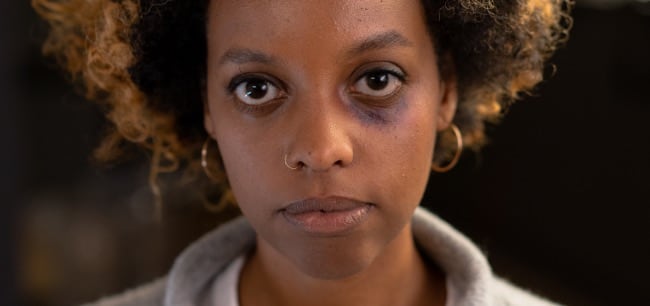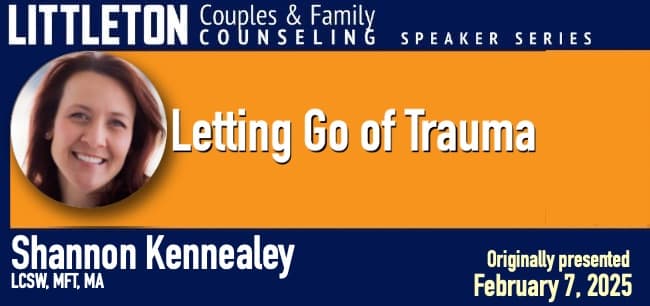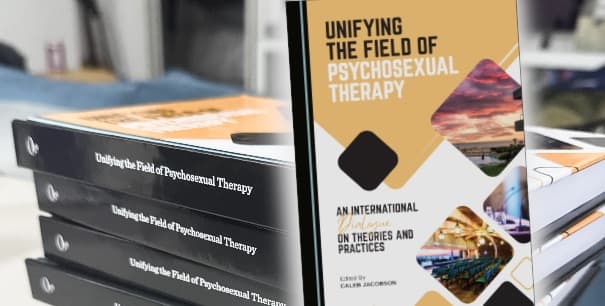Blame and Shame the Victims
It’s a couple of days after the Club Q murders down in the Springs. While reading the news today, I came across an article sharing a recent guest on Tucker Carlson’s Fox News show who blamed and shamed the LGBTQIA+ community for the events of that night.
His guest, Jaimee Michell, suggested anti-LGBTQ attacks like the one at the nightclub would continue until the “evil agenda” of supporting the trans community is stopped. Perhaps I need to stand in my older-white-male-cis-hetero-privilege and take her blame, because I will not stop supporting the community or members of my extended family. The statement has been true for a long time that “People are people, so why should it be/You and I should get along so awfully?” (Depeche Mode, 1984), and if I am going support people of “my” community, then I will support people of all communities.
She added, “....unfortunately, you know, the tragedy that happened in Colorado Springs the other night, it was expected and predictable.” That statement disturbs and riles me to the core.
Regardless of which side of the political or cultural divide you find yourself, rhetoric like this is unacceptable. These words take me back to memories of the latter-half of the previous century where rapists blamed their victims for their actions. The culture routinely blamed and shamed the women as “wanting” or “deserving” the rape, and that ipso facto made their rapist’s action acceptable. We’ve seen the blame and shame in other situations where attackers utilized a moral superiority as justification for segregating, harming, or killing others.
There is no justification in today’s world where the morally-superior culture inflicts itself on others to subjugate, harm, or separate.
Our goal is to make Littleton Couples Counseling a safe place for everyone to share their hopes, dreams, desires, and fears. Everyone.







